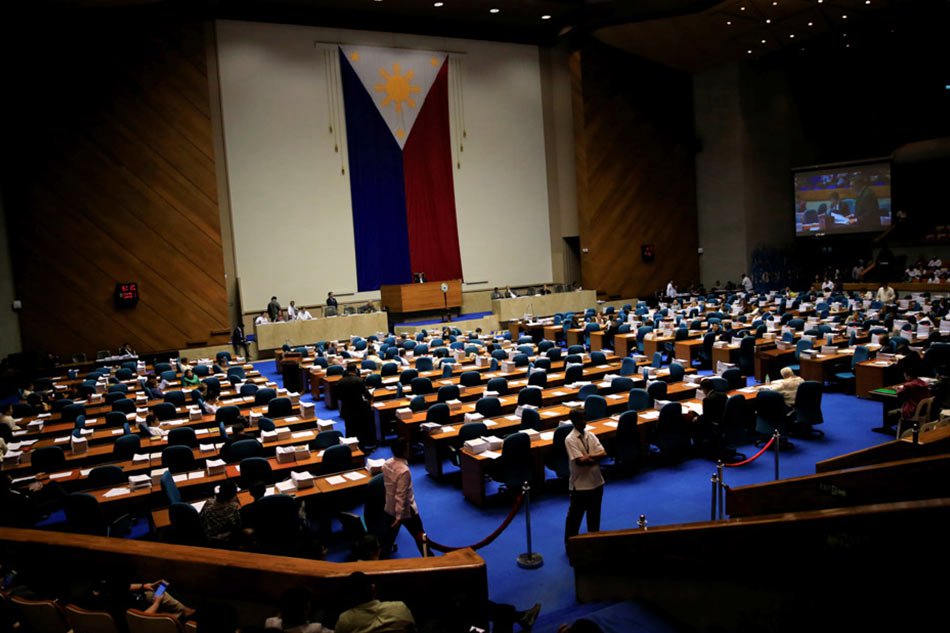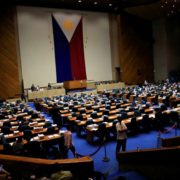
The House of Representatives on Monday, December 10, approved on third and final reading the Expanded Anti-Violence Against Women and their Children (E-VAWC), a measure that criminalizes electronic violence and involves the use of information and communication technology.
With 207 affirmative votes, lawmakers unanimously approved House Bill 8655, which seeks to amend Republic Act 9262 or Anti-Violence Against Women and Their Children Act of 2004. The bill provides definitions of electronic VAWC, protective measures and penalties for violations of the law.
Under House Bill 8655, committing psychological violence through the use of electronic devices or information communication technology-related means are punishable by imprisonment for minimum of six years and a day and maximum of 12 years. In addition, the perpetrator will also be penalized by a fine of not less than P300,000 but not more than P500,000.
Spreading of explicit videos to harass women and their children, harassing via text messages, stalking, and creating fake social media accounts with ill intent and malice that will cause distress on the part of women all fall under electronic violence.
House Bill 8655 also widens the composition of the Inter-Agency Council on Violence Against Women and their Children to include the Movie and Television Review and Classification Board (MTRCB), Philippine Commission on Women (PCW), Department of Science and Technology (DOST), Department of Information and Communications Technology (DICT), Department of Foreign Affairs (DFA), Commission on Overseas Filipinos, and 2 representatives from civil society organizations, as reported by ABS-CBN news.
The Gabriela Women’s Party welcomed the bill’s approval, describing it as “ray of good news” amid looming approval of repressive measures and a “historic advance of the #LabananAngAbuso campaign.”
“This is a much-awaited development by women abused by their partners, as the measure expands the definition of VAWC to include forms of electronic violence, with corresponding penalties,” Gabriela party-list Rep. Emmi de Jesus, one of the principal authors of the Expanded VAWC bill, said.
“We are pushing the E-VAWC to address the loopholes in Republic Act 9262 of 2004, which failed to mention electronic violence that could cause more damage but are not as visible as the manifestations of physical violence,” she added.
Gabriela party-list Rep. Arlene Brosas in a statement on Facebook said, “With the approval of the measure, we hope to give women an increased chance to fight forms of violence and abuse as we educate them on their rights.”
“We urge the Senate to do its part and fast-track the counterpart measure amending the Anti-VAWC Act. If signed into law, this will be a very valuable legacy of the 17th Congress to women long suffering from all kinds of abuse and harassment,” Brosas added.
Brosas urged the Senate to pass its version of the bill, saying the enactment of the proposed policy “will be a very valuable legacy of the 17th Congress to women long suffering from all kinds of abuse and harassment.”
The measure was first filed by Gabriela Women’s Party during the 15th Congress.







